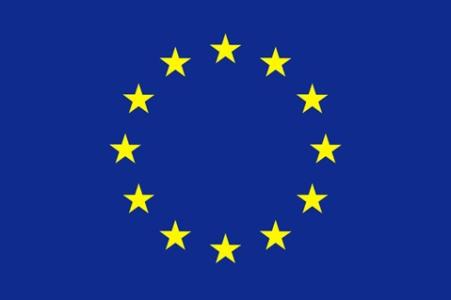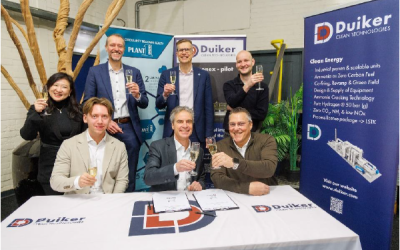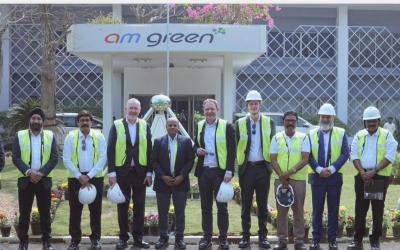EU pushes forward on hydrogen
The past two weeks the European Union took one decision after another that was important for hydrogen.
Regarding the Revision of CO2 emission performance standards for cars and vans, a crucial part of the European Green Deal, Germany finally got what it wanted. The final text contains a non-binding recital stating that the Commission would ‘make a proposal, following stakeholder consultation, for registering after 2035 vehicles running exclusively on CO2 neutral fuels in conformity with EU law, outside the scope of the fleet standards, and in conformity with the Union’s climate neutrality objective’ (reference).
The European Commission tabled its “Net-zero industry act” on Thursday 16 March, setting a goal for the EU to domestically produce at least 40% of the technology it needs to achieve its climate and energy targets by 2030. Among the technologies designated as "strategic" are solar photovoltaic, onshore and offshore wind, battery and storage, heat pumps and geothermal energy, electrolyzers and fuel cells, biomethane, carbon capture and storage and grid technologies (reference).
Important for hydrogen refueling infrastructure is the deal that was reached on the Alternative Fuels Infrastructure Regulation (AFIR). Article 6 of the regulation will mandate the construction of one gaseous hydrogen refuelling station (HRS) every 200 km on the TEN-T core network by the end of 2030, as well as one HRS in every urban node. For Belgium this would amount up to 15 HRS. The stations will have a daily supply capacity of one ton of hydrogen for all modes of road transport. Member States must prepare an HRS deployment plan by 2027 that will satisfy the needs of hydrogen powered road mobility (reference).
Last but not least, the European Parliament, Council and Commission reached a final agreement on the review of the renewable energy directive (RED3) after two years of intense negotiations. Renewable hydrogen will have a central role in meeting the EU binding target of 42.5% renewable energy by 2030. Industry must procure at least 42% of its hydrogen from renewable fuels of non-biological origin (RFNBOS) by 2030, though countries that can achieve a fossil-free hydrogen mix of at least 77% by 2030 can see that target reduced by 20%. This provision provides flexibility to countries aiming to develop a strong nuclear hydrogen policy and serves as an incentive to move from fossil-based to clean electrolytic-based hydrogen production. In transport, fuel suppliers must achieve either a 14.5% reduction in greenhouse gas (GHG) emissions associated with their fuels or achieve at least a 29% renewables share in the fuel supply. In addition, at least 5.5% of the fuel mix must be composed of advanced biofuels and RFNBOs (combined binding target). Fuel suppliers will be free to choose their preferred fuel, but they must guarantee at least 1% is sourced from RFNBOs – which will lead to approximately one million tons of RFNBO demand (reference).






